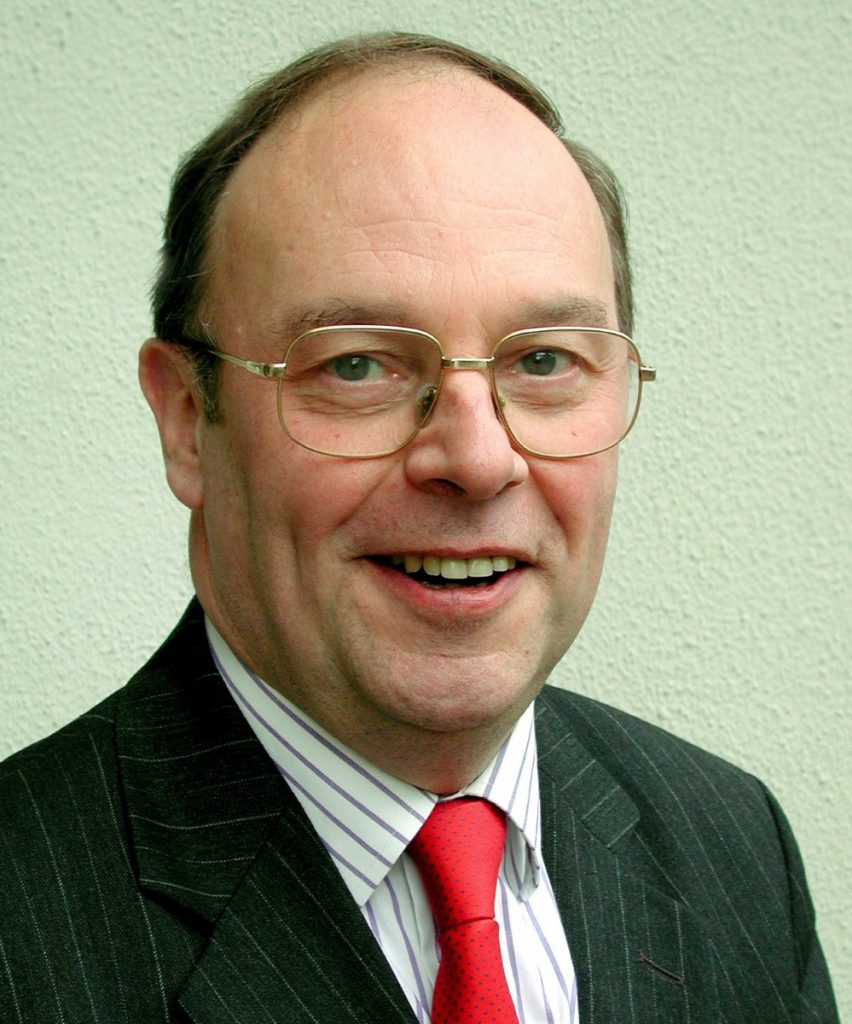Comment: Section 5 threatens free speech and legitimate protest outside Thatcher’s funeral
By Keith Porteous Wood
Handling protest at the funeral of Mrs Thatcher is going to present a difficult challenge to the police on Wednesday. How far should they go to enforce respect for someone who is held in the utmost contempt by so many people in this country?
Naturally, no one wants a funeral to be disrupted and I would be the first to call for restraint if this were merely a family event at the local crem.
But Margaret Thatcher's funeral has been inflated into a national event with political significance way beyond that of a family funeral. One of the most divisive figures in recent political history is being presented to the nation as a hero and saviour. But to many, she was the exact opposite.


How are those people, who perceive Mrs Thatcher as a destroyer of communities and underminer of the welfare state, to make clear that they are unhappy that she is being lionised in this way?
Given the funeral has been politicised, we have to accept that there must, in a democracy, be a right to dissent. The question then becomes the boundaries of what is acceptable. In practice, this will be decided by the police to the extent that they are supported by the Crown Prosecution Service.
Those boundaries should be clearly set by the law, but sadly the piece of legislation most likely to be employed by the police on Wednesday to control protest is section 5 of the Public Order Act 1986. It has no safeguards to protect freedom of expression and is only concerned with maintaining public order.
It has a very low prosecution threshold indeed. Protesters only have to be "within the hearing or sight of a person likely to be caused harassment, alarm or distress thereby" to find their collars being felt.
Those charged cannot escape prosecution even if it is accepted they had not intended "harassment, alarm or distress", nor that no one has even been named that said they were distressed etc.
The only defence that might prove helpful is that "the conduct was reasonable". But some examples of what the police have not considered reasonable, even when no funeral was taking place, gives little ground for confidence. Section 5 has been used to stop evangelists preaching in the street about the evils of homosexuality, and people have been arrested for opining that Scientology is a cult or that a policeman's horse might be gay.
Now we are told that the other provisions of section 5 might be deployed to silence and remove protesters who want to make clear that the large amount of public money being used on beatifying Mrs Thatcher is not being spent in their name or with their approval.
If protestors arrive at the event in order to turn their backs as the coffin passes by, then the police would have the power to say that such actions were causing "distress" to mourners – sufficient under the law to arrest the dissenters and cart them off to the police station.
So, with the minimal and entirely subjective "likely to" test, prosecutions will be easily obtainable for the mildest of protests. And the protesters, however principled, are all-too-likely thereafter to find their lives blighted by a criminal record.
If the protest does turn out to be in the form of a back-turning as the cortege passes, the police might find so many doing it that they could not possibly arrest every one. In any case, criminalising everyone who made this least disruptive of gestures would probably be regarded, even by Mrs Thatcher's supporters, as rubbing salt in old wounds.
Section 5 of the Public Order Act 1986 has long been regarded as a catch-all measure that the police can interpret in almost any way they want.
Earlier this year the government agreed – after a long campaign by a coalition of groups including the National Secular Society (NSS) – to remove the word "insulting" from the wording of section 5 nevertheless it can still be used to prevent people making legitimate political statements.
I hope that the debate on the draconian section 5 generated by Mrs Thatcher's funeral will also open up a wider debate on freedom of expression. If we value it at all, we need to entirely repeal section 5, with its catch-all "likely to" test, leaving section 4A where an offence is only committed where "harassment, alarm or distress" is actually caused.
But two more changes should be made to section 4A: insulting behaviour should be removed, criminalising only behaviour that is threatening, abusive or disorderly; and a legitimate protest or freedom of expression defence should be built in.
We should follow the excellent precedent of the freedom of expression safeguards drawn up by Lord Lester of Herne Hill, which he, the NSS and others helped build into the Public Order Act through an amendment to the Racial and Religious Hatred Act 2006. These currently only apply to religious hatred, but they should be extended to also apply to sections 4A and 5 while it remains. The safeguards were only passed by the slenderest of margins, one, in the face of bitter opposition by Tony Blair's government. Will the coalition show any greater respect for freedom of expression, the bedrock of democracy?
Keith Porteous Wood, Executive Director of the National Secular Society, which campaigns to challenge religious privilege and for a society in which no one is privileged or disadvantaged by virtue of their belief or non-belief. The NSS is active in the media, lobbies the Government and Parliaments in the UK and Brussels, and Keith also campaigns on Human Rights at the United Nations.
The opinions in politics.co.uk's Comment and Analysis section are those of the author and are no reflection of the views of the website or its owners.

